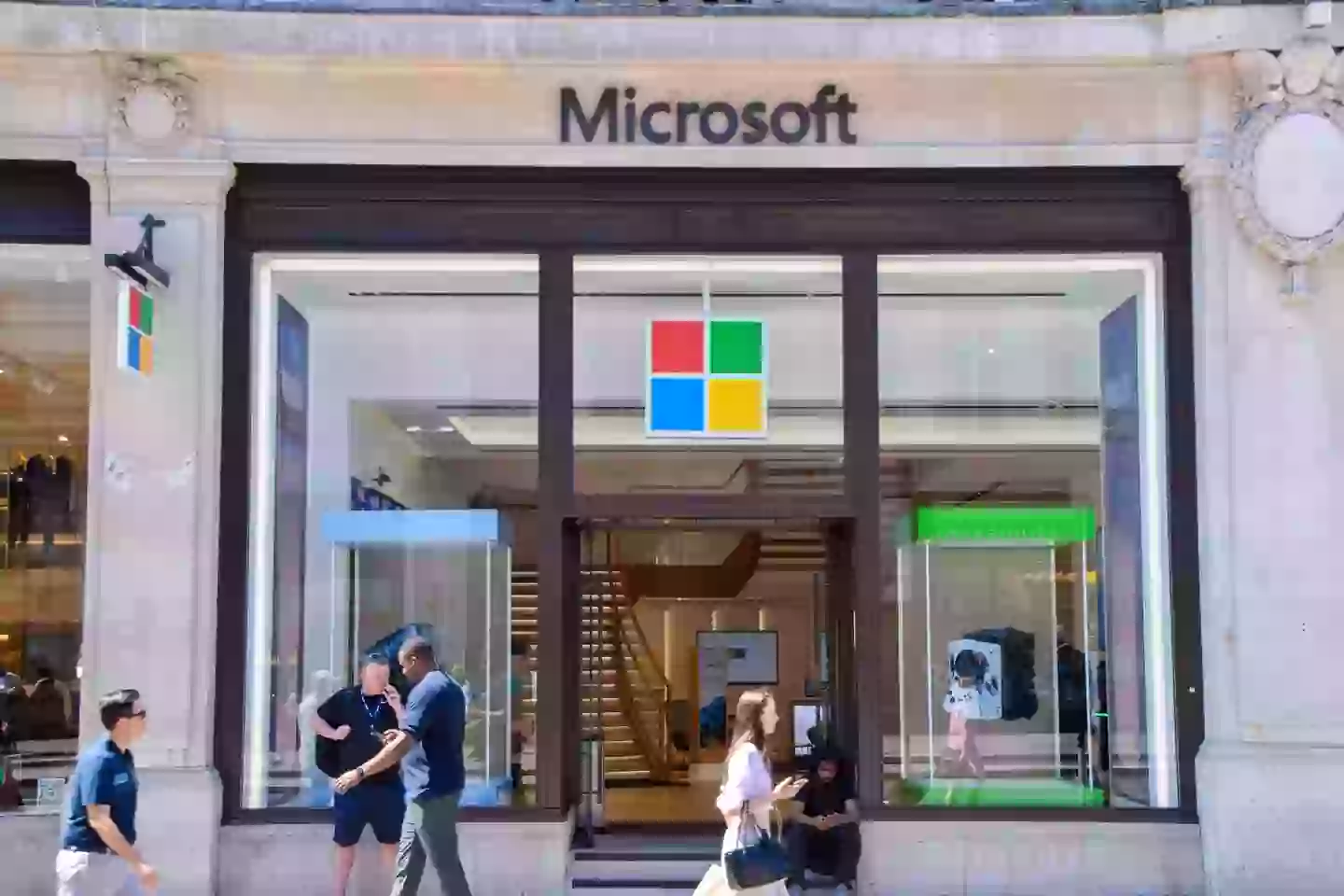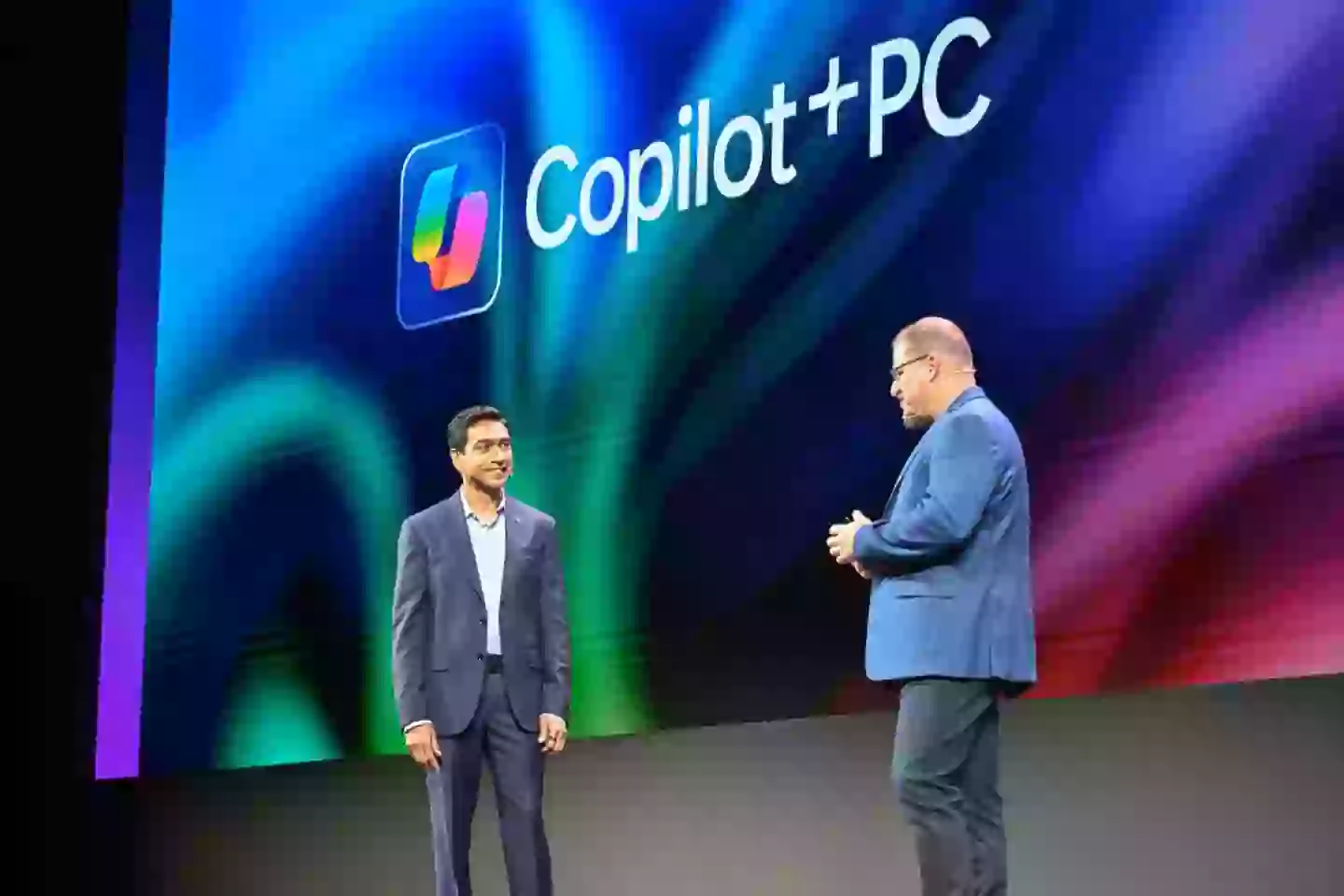
Microsoft is rolling out a controversial feature that may leave some Windows users questioning their privacy.
Earlier this year, Microsoft quietly blocked workarounds that let people install Windows 11 on unsupported PCs. And with Windows 10 updates ending in October and the tech giant pushing users to upgrade to the next-gen of Windows, the move messed around millions of users.
Now, users have a new feature to get to terms with.
Advert
Available on Copilot+ PCs, the AI-powered ‘Recall’ tool is designed to help you retrace your digital steps by taking screenshots of your browser.
In the announcement of the feature, Microsoft wrote: "With the AI capabilities of Copilot+ PCs, it’s now possible to quickly find and get back to any app, website, image, or document just by describing its content.
"As you use your Copilot+ PC throughout the day working on documents or presentations, taking video calls, and context switching across activities, Recall will take regular snapshots and help you find things faster and easier."

Advert
Whilst the feature had a rocky start last year in that it was withdrawn after a backlash over how ‘creepy’ it was, the company has now reintroduced it with some changes. Seemingly being mindful of the backlash, the feature is opt-in, can be paused and is still in ‘preview’ mode for now.
The feature could be beneficial to those users who have thousands of tabs open, however, it may not be received so well by recipients who may not have consented to their messages being screenshotted for AI analysis.
"Constant screenshots can still be a threat to privacy, despite Microsoft’s welcome efforts to make the tool opt-in and enhance protections," argued Jake Hurfurt from Big Brother Watch. "Users might now have more control over the screenshots that are taken, but anyone they interact with whether by email or even on encrypted apps with disappearing messages like Signal could have their data captured and stored without their consent."

Advert
He added that users must be 'very careful not just to protect their own privacy, but the privacy of others as well.’ In more sensitive cases like online banking, opted-in users can exclude certain apps or websites from being catalogued.
To ensure complete security, Microsoft has ensured that screenshots will only be accessible to the user after successfully entering their Windows Hello biometric information or PIN security. Users can also set a time limit for how long those screenshots are stored before they get automatically wiped.
It’s also worth noting that the feature will be switched on by default, but users will be asked for permission before any snapshots are saved. On a positive note, it's not being forced onto users like it was the first time.